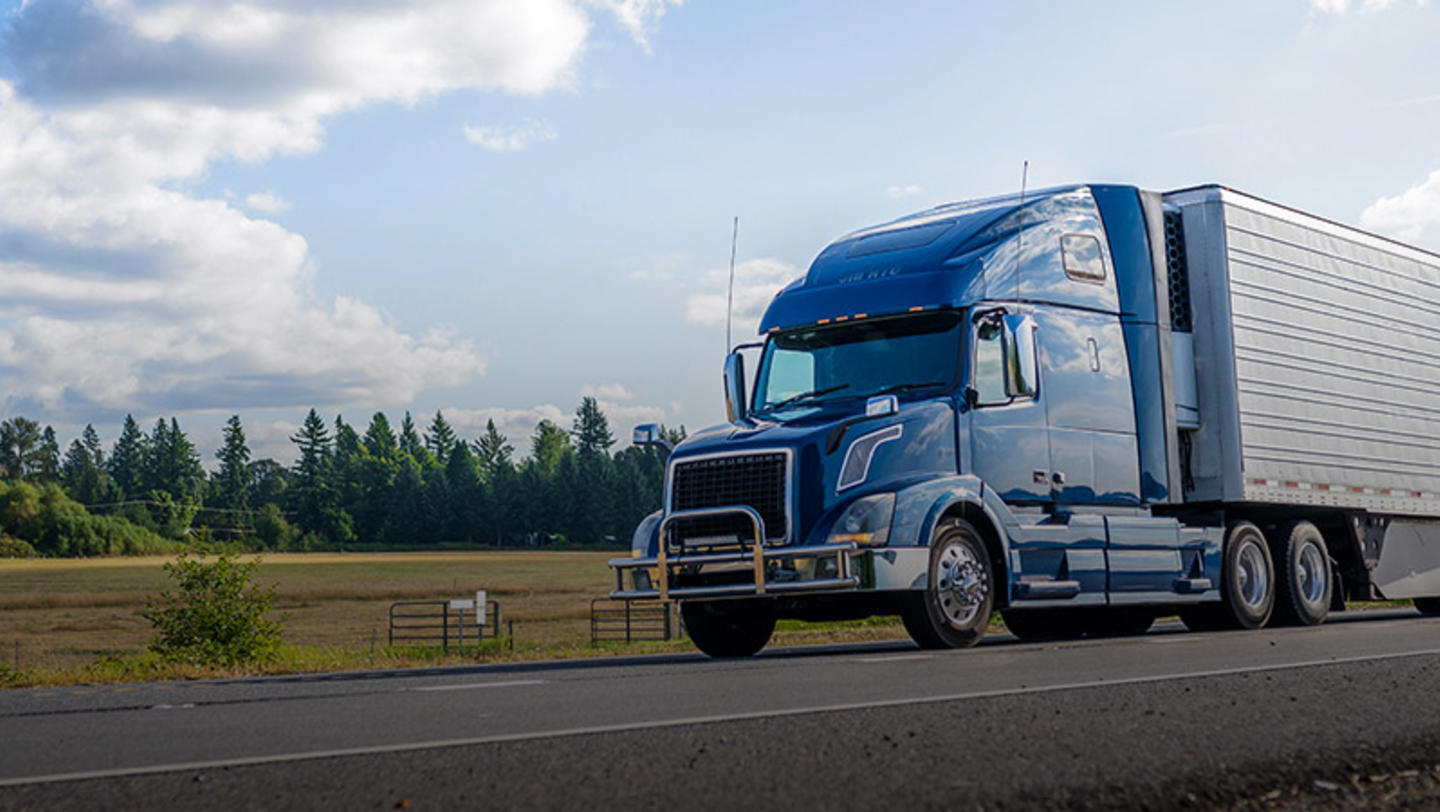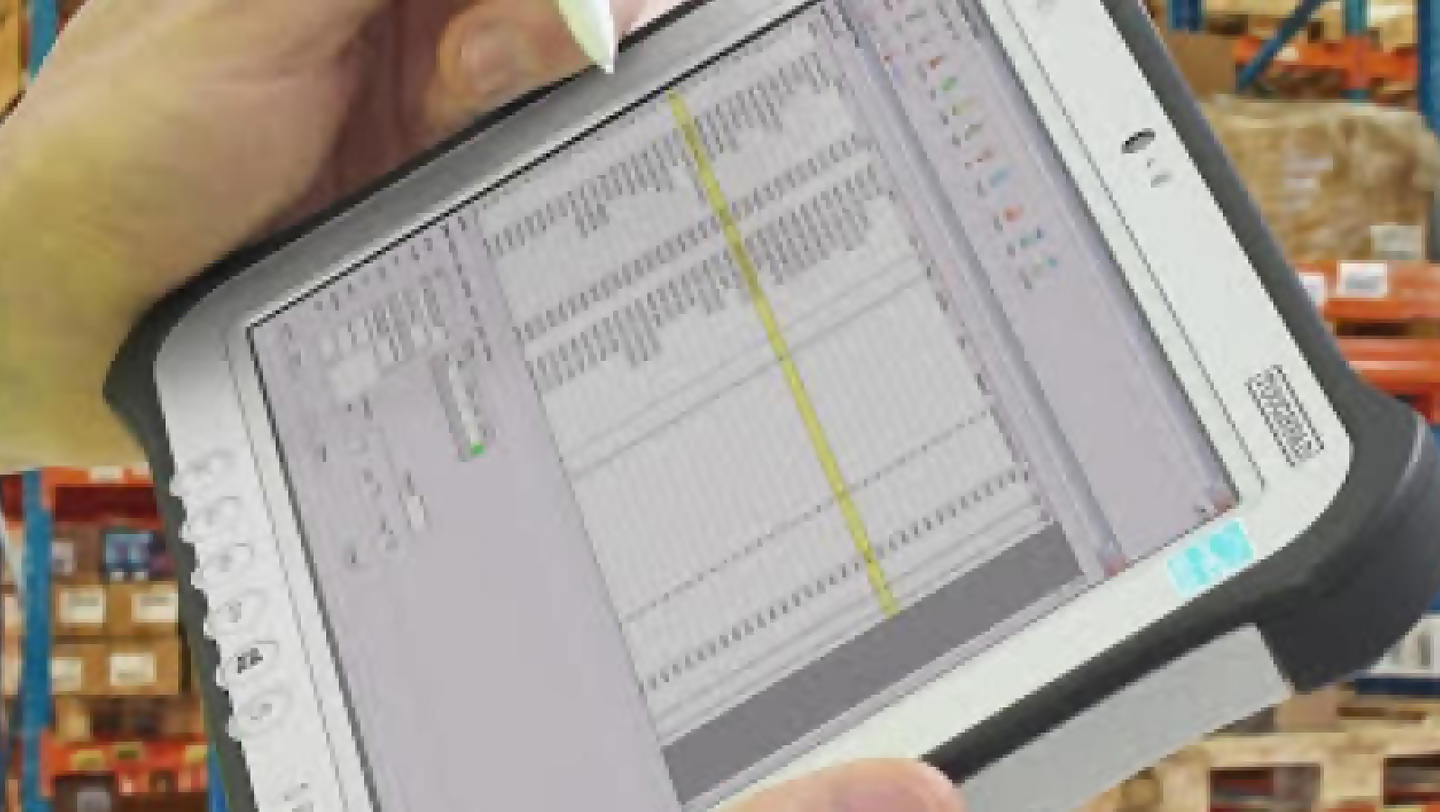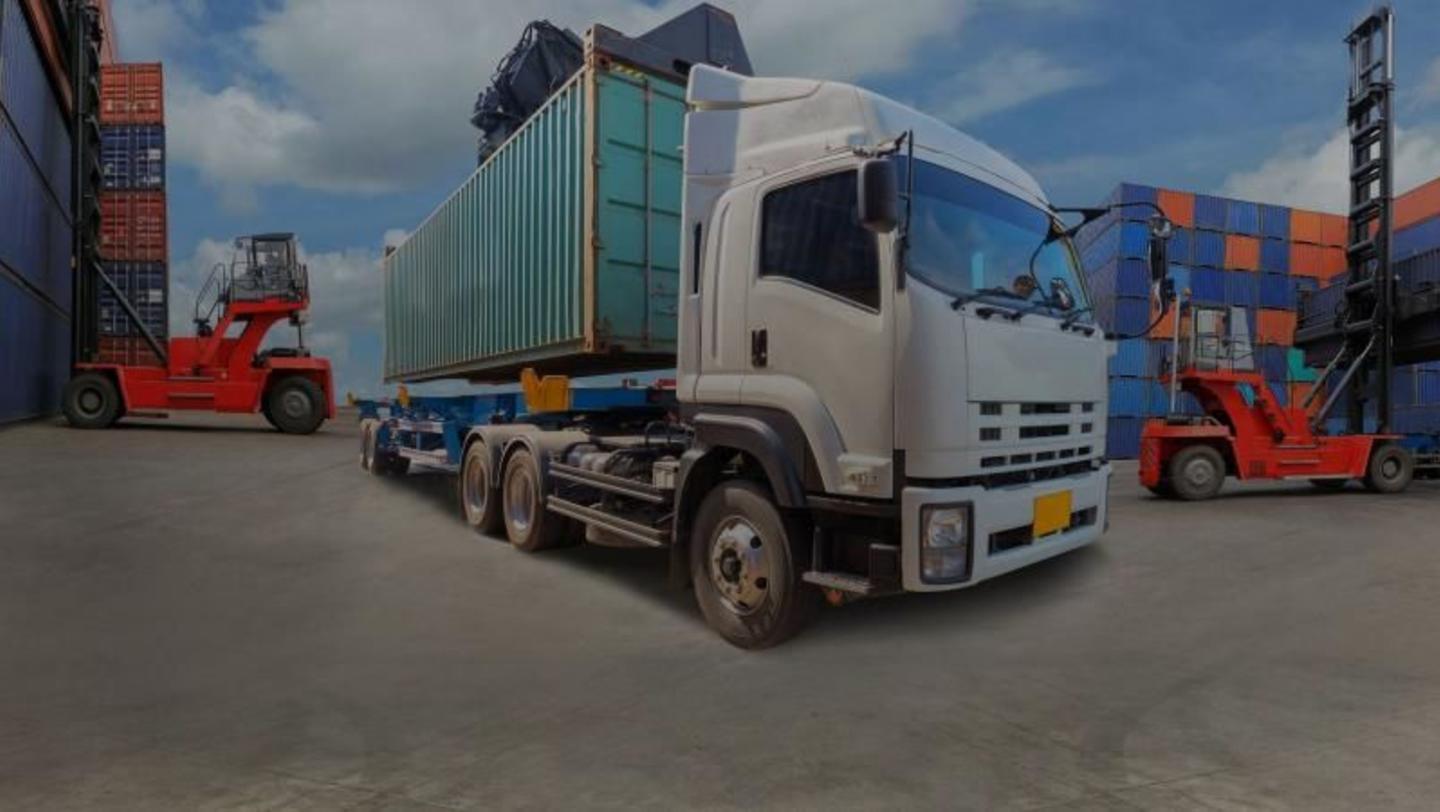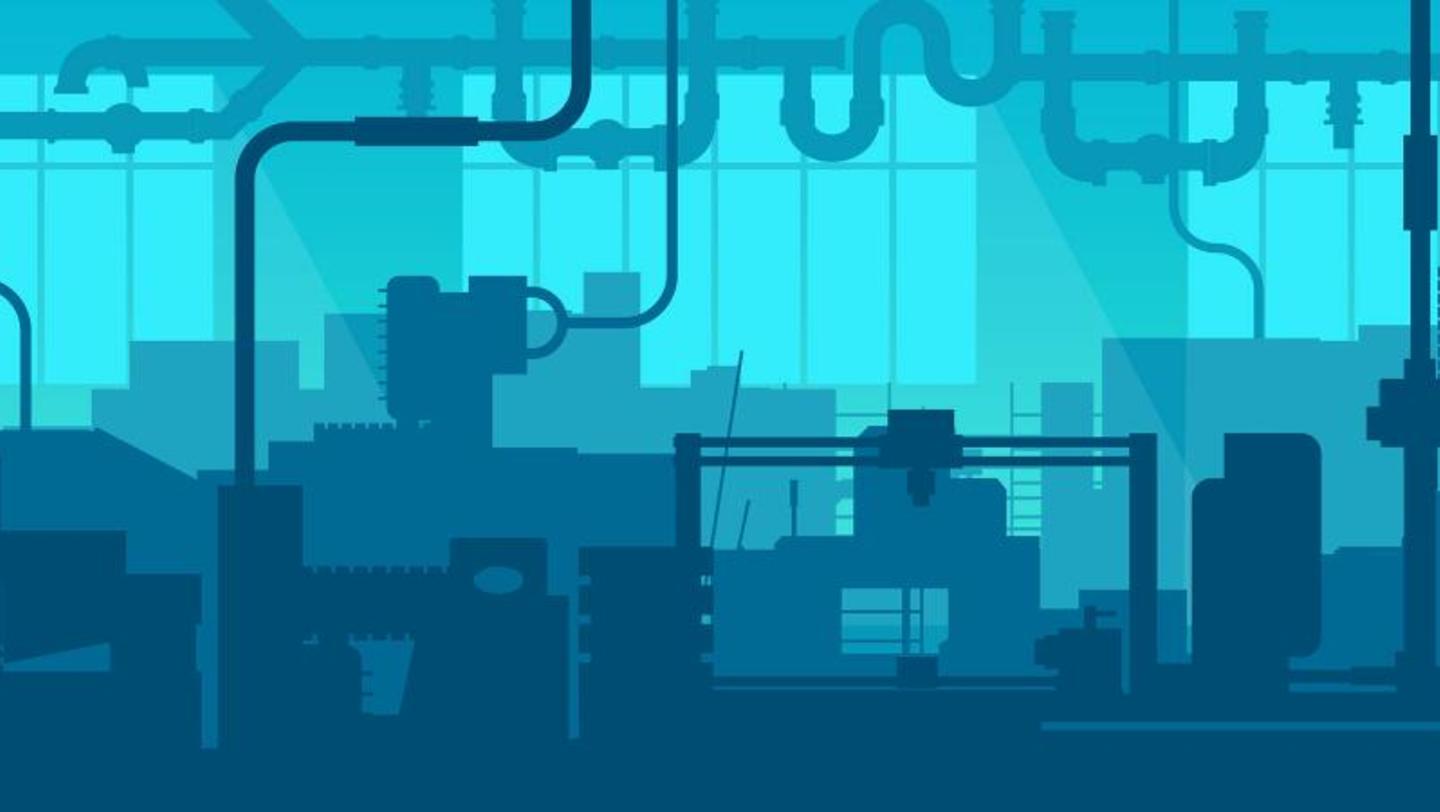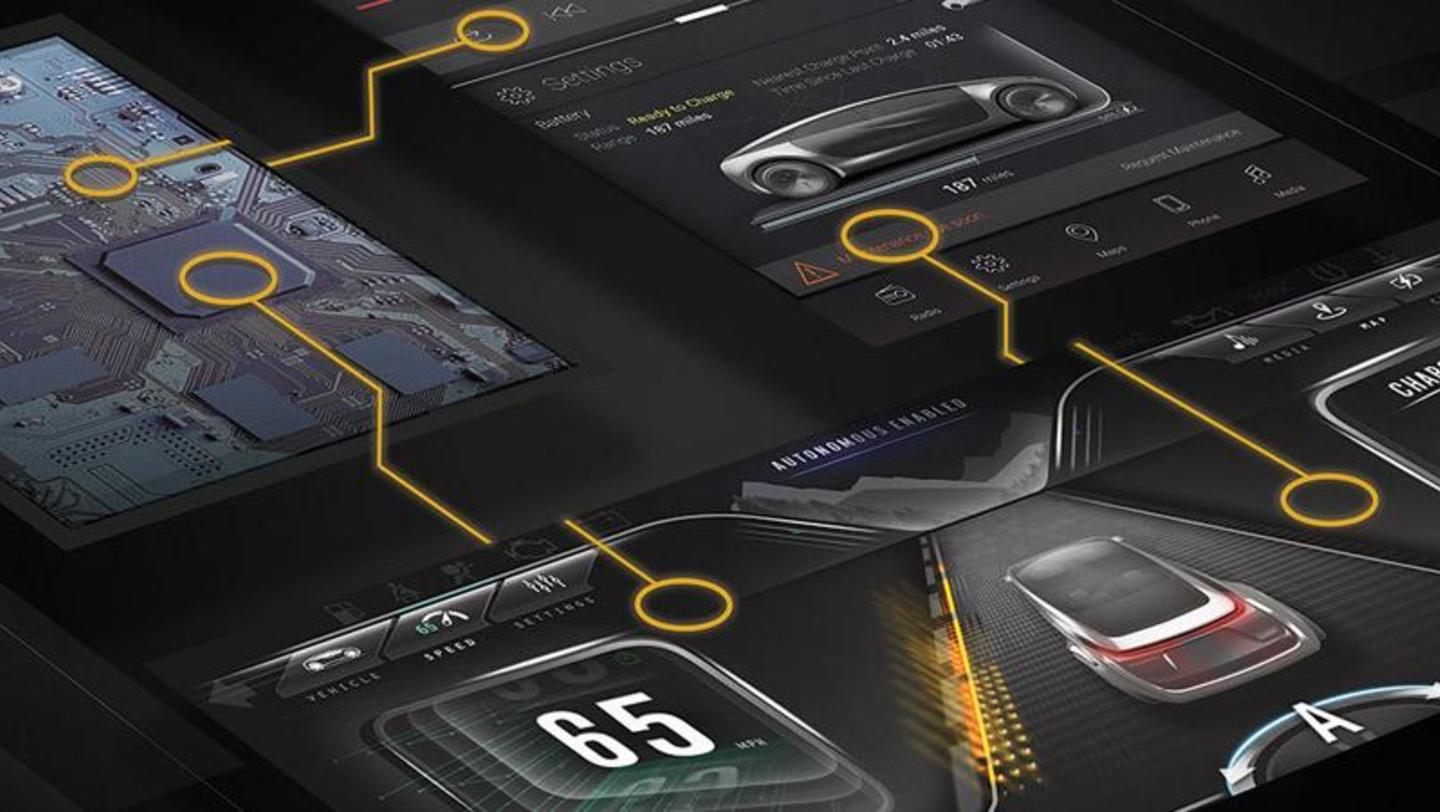Three truths about AI, supply chains and retail’s future riches

Three truths about AI, supply chains and retail’s future riches
5 minutesRetail is rich with data, and future success lies among those companies figuring out new ways to use that data. I think about this almost every time I walk into my favorite warehouse club store that carries everything from holiday gifts for coworkers, to floor mats for my car to enough groceries to last me a lot longer than a week. This very successful global retail chain tracks what I buy and when. And when the company learned from its supply chain of fruit growers that one had an outbreak of Listeria, it quickly texted me that the plums I had bought ran the risk of contamination. The company also let me know by letter.
Was I happy to hear about the possibility of Listeria before it landed me in the hospital? You bet. Is this company’s use of data exemplary? Yes, because this situation happened several years ago, and this retail leader continues to build on its innovative use of data.
Truth 1: The aha moment is being replaced by AI & machine knowledge
A new book by Viktor Mayer-Schönberger and Thomas Ramge, “Reinventing Capitalism in the Age of Big Data,” describes how important it is for retailers to pursue new data uses. “The trouble is that the source of innovation is shifting – from human ingenuity to data-driven machine-learning,” the authors write. They highlight Google’s autonomous vehicles that continuously improve by crunching billions of pieces of information the vehicles generate as they travel the streets. They point out that IBM’s Watson that does a better job detecting melanoma than the average skin doctor thanks to its constant and intensive consumption of pictures of skin cancers. Then there’s Siri and Alexa who are getting smarter about what people say because they’re always learning from us. “Of course, it takes plenty of talented, creative people to build and distribute products. But their improvement is driven less by a human “aha-moment” than by data and improvements in how machines learn from it,” according to the book.
Truth 2: The winners are the companies that put disruptive technology to work
The value of machine learning and predictive intelligence grows as the volume and diversity of collected data grows. With high volume data, valuable new patterns that aren’t detectable in smaller datasets are more likely to appear. But it takes a lot more than an advanced degree from MIT to turn a high volume of data into understandable, actionable patterns. One of the world’s largest department store chains came to Panasonic because it had hired some really smart people who knew math, but failed to deliver what the company wanted: advanced analytics and predictive apps to teams across the organization, thereby turning business users into self-service analysts.
Panasonic brought in a behavioral artificial intelligence platform to help the company and its business users achieve their goals. Pulling in the retailer’s point of sale data over several years, its marketing calendars and external information like weather forecasts, we were able to help the retailer improve demand forecasting, decrease labor costs and optimize staff allocation. We are now working with the retailer on an initiative to use AI to help optimize its organizational supply chain and improve network economics.
Truth 3: Execs who admit the difficulty of putting AI and other disruptive tech to work are ahead of the game
Technology leaders in Integrated Supply Chain industries such as logistics and retail rely on disruptive technologies to accelerate their businesses. They’re investing to improve things like personalization and communication, and see how artificial intelligence and other emerging technologies can play a critical role in their business, according to a study conducted by Panasonic.
They also admit to major challenges. In the Panasonic study, tech leaders identified a lack of skilled employees (41 percent) and lack of expertise for effective implementation (38 percent) as major concerns preempting adoption of disruptive tech. In fact, half of the companies surveyed believe they might need a partner to guide them. Panasonic is deeply engaged in AI and other disruptive technologies. We believe that connecting them into integrated solutions is essential to creating entirely new experiences.
Creating new experiences in retail came to mind as I heard a top executive from China’s AliPay talk about how people from China visit Japan without cash. Instead, he said, they’re turning to smart phone payment systems to buy things they can’t get in China and taking them home. The speaker went on to say that AliPay uses that data about purchases from Japan to figure out how to make the same items in China, more quickly and cheaply than across the strait.
The AliPay executive’s remarks were part of a Panasonic organized forum in late 2018 on cross-value innovation. A key part of the forum centered on Gemba Process Innovation that combines Panasonic's unparalleled technologies with the know-how it has acquired through its manufacturing activities by addressing challenges in retail, logistics and distribution industries. The Gemba concept originates with the idea of promoting continuous improvement, one of Panasonic's core values. Today Gemba translates into using advanced and disruptive technology to help companies do everything from developing autonomous delivery systems to improving production lines and demand forecasting, and overall, make better use of data.
And that brings me to recent attention-grabbing headlines warning of a “Retail Apocalypse.” Company and store closings are painful, to the people who work there, and to the people who shop with the brands. But the future of the industry sector is more nuanced than the headlines. Indeed, there are plenty of reasons to believe in a bright future for retailers--especially those who are prepared to innovate their operations.



